A new Arizona law aimed at helping property owners offset costs tied to homelessness has yet to result in a single tax refund, despite dozens of applications and growing public interest.
Passed by voters last year, Proposition 312 allows property owners to apply for property tax reimbursements if they can prove they spent money dealing with the impacts of homelessness — such as trespassing, litter, loitering, or illegal camping — and that local authorities failed to act. So far, more than two dozen claims have been submitted to the Arizona Department of Revenue, but all have either been deemed incomplete or rejected by local jurisdictions.
Despite the early lack of approved refunds, city and county governments are actively preparing for a wave of applications — especially later this year, when most property owners will have incurred more reimbursable expenses. Officials say the new law is vague in many areas, but they are setting up procedures to process claims carefully and protect public funds.
Why Claims Are Being Rejected
Early applications are struggling mostly due to technical issues. The refund process requires:
-
Proof of identity
-
Property tax documents and payment records
-
Evidence of complaints to local authorities
-
Documentation of expenses incurred due to homelessness-related nuisances
-
Proof that local ordinances weren’t enforced
Most submissions so far haven’t met all of these requirements. According to records, only three applications have been officially rejected — one each by Phoenix, Tucson, and Yavapai County. The rest are still incomplete.
Local Governments Tighten Policies
In Maricopa County, officials adopted a detailed review process in April. A designated team evaluates each application and determines how much of the tax bill, if any, qualifies for a refund. The county also assigned a deputy to patrol floodways where homeless encampments have been reported.
Phoenix took similar steps, forming a working group with seven departments and setting timelines for evaluating claims. Officials have emphasized the importance of documenting every interaction related to nuisance complaints.
Cities like Tucson and Phoenix are also collaborating to develop consistent approaches. Deryck Lavelle, Phoenix’s chief assistant city attorney, said the law leaves several questions unanswered, including how close a nuisance must be to a property to qualify for a refund and how long applicants have to file appeals after a rejection.
Legal Battles May Be Ahead
Though no funds have been paid out yet, legal challenges could shape the law’s future. Property owners can appeal rejected claims in court, and Lavelle expects those cases to raise significant questions.
Supporters of the law, like the Goldwater Institute, are encouraging property owners to apply — and offering to help if their claims are denied. The group has been running Google ads since April, pointing applicants to a legal support page.
“If a municipality denies your claim, you have a right to file a lawsuit,” the Goldwater Institute’s website states. “If you believe your claim was improperly denied and would like legal assistance, please contact us.”
Goldwater spokesperson Joe Setyon said the campaign reflects the organization’s mission to defend individual rights. “Prop. 312 is holding government accountable — and the Goldwater Institute intends to enforce it,” he said.
What’s Next?
Because property owners are limited to one application per year, many are waiting until late 2025 to file — when they’ll have more documented expenses. Local governments expect a higher volume of claims by then, which could determine whether Proposition 312 becomes a financial burden or a rarely-used tool.
Until then, cities and counties remain cautious, and applicants hoping for relief are still waiting.
This article has been carefully fact-checked by our editorial team to ensure accuracy and eliminate any misleading information. We are committed to maintaining the highest standards of integrity in our content.

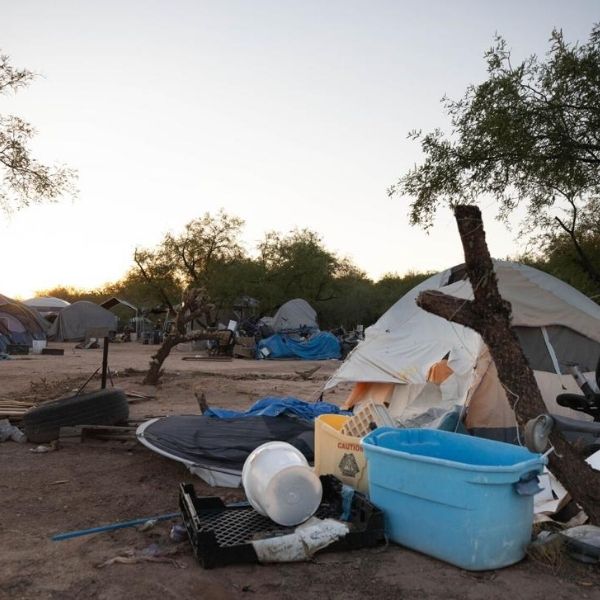

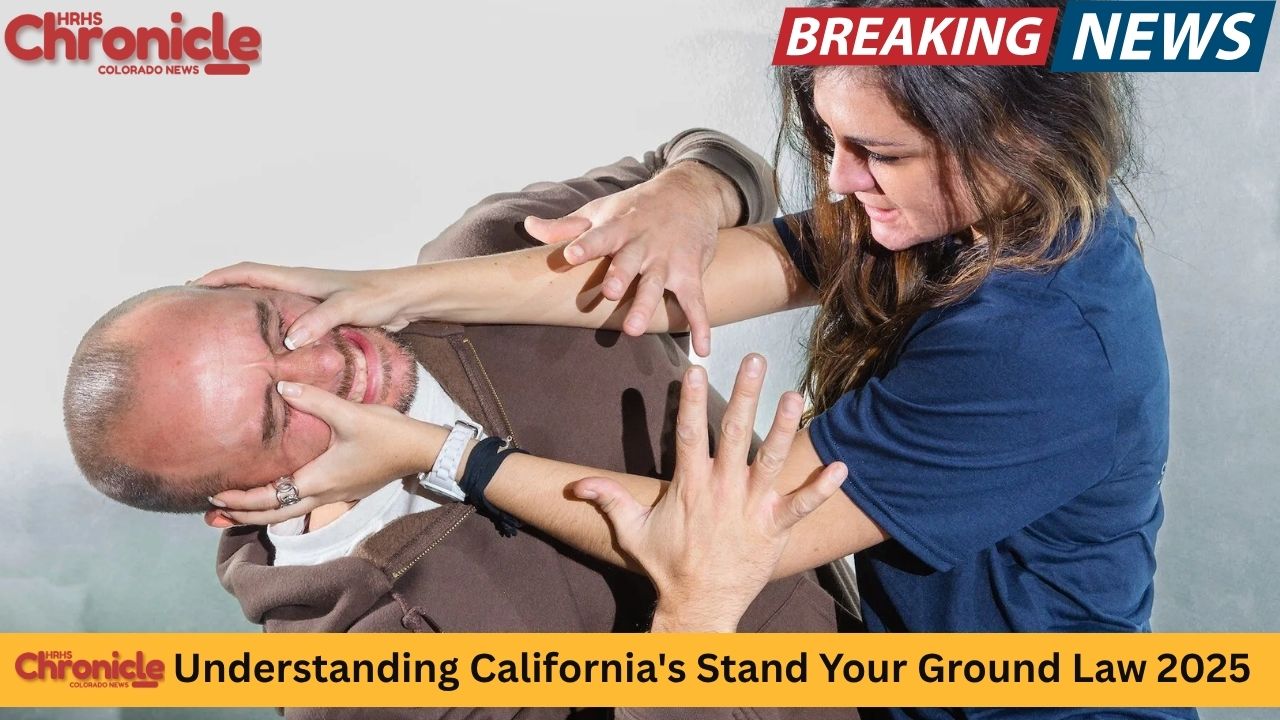
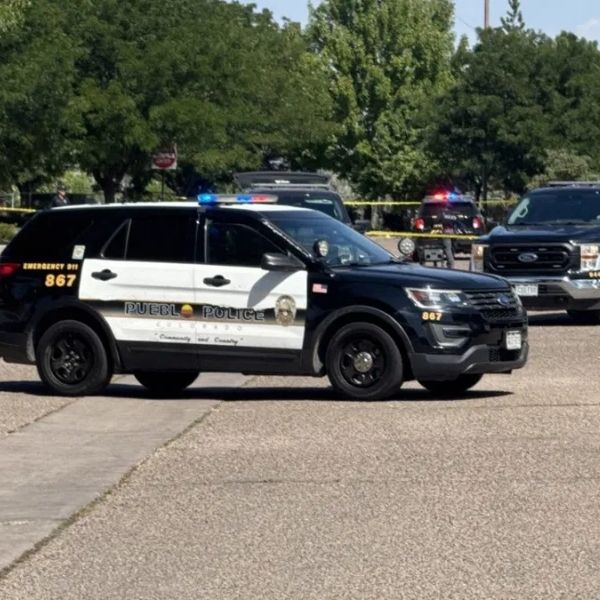
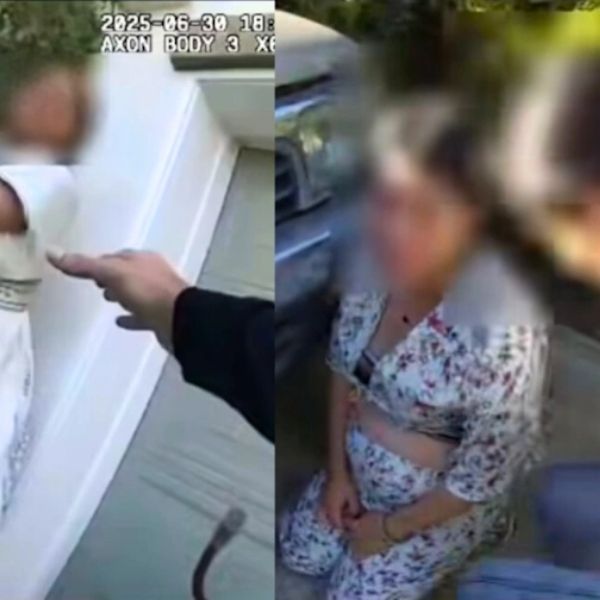
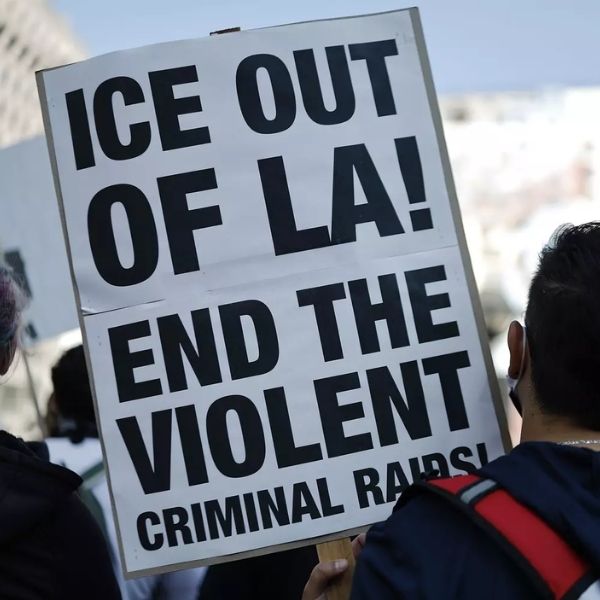


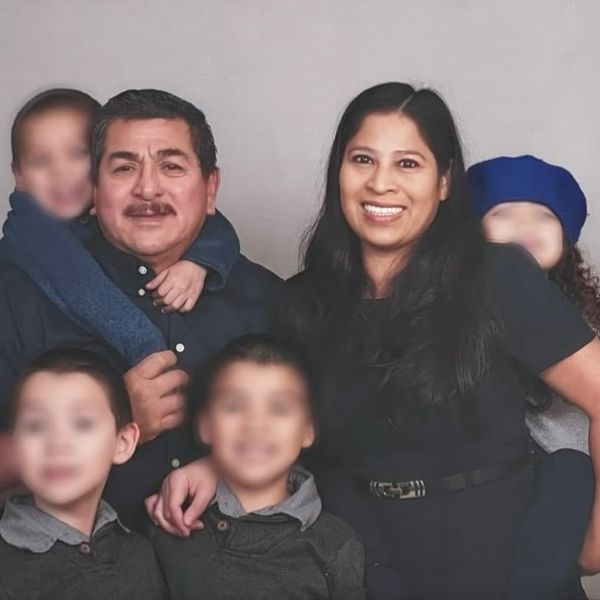
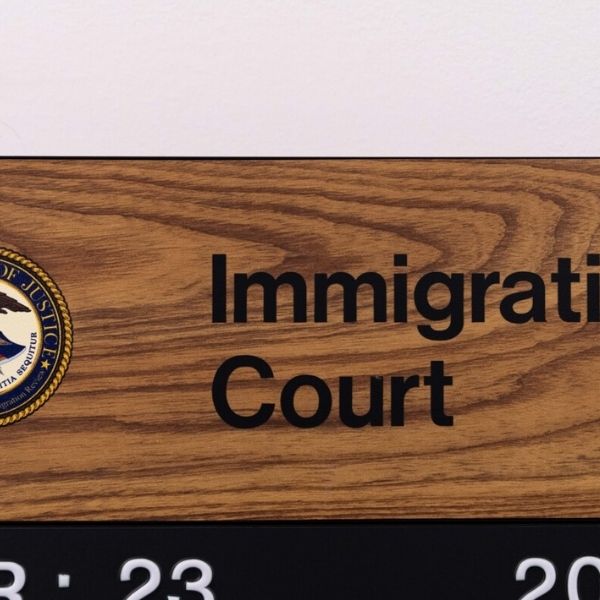
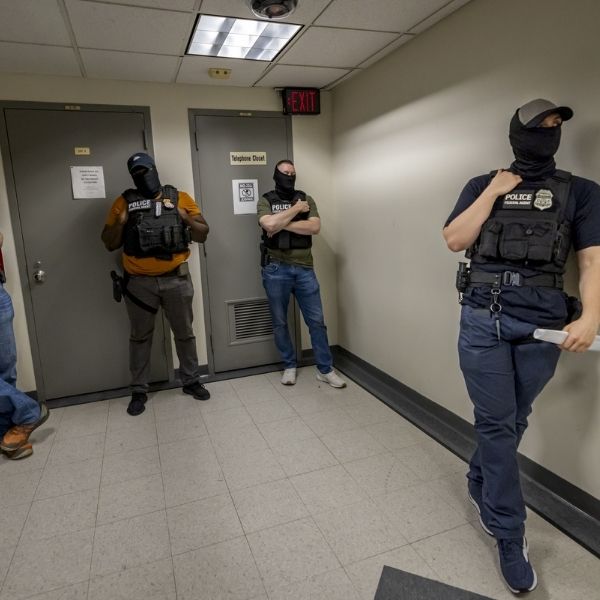
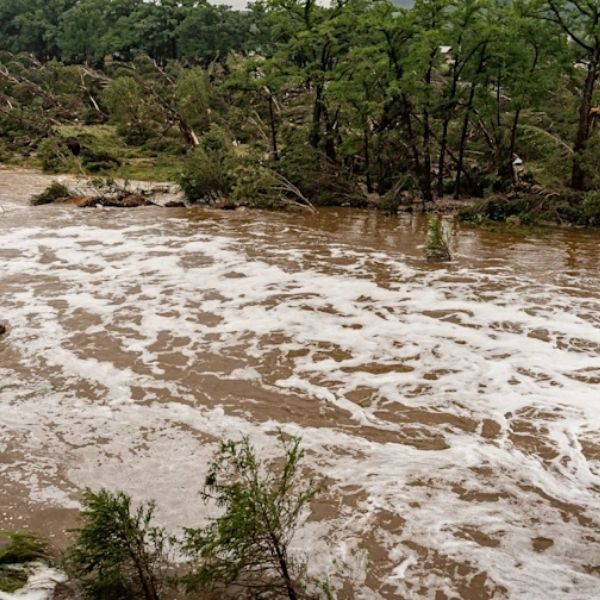



Leave a Reply